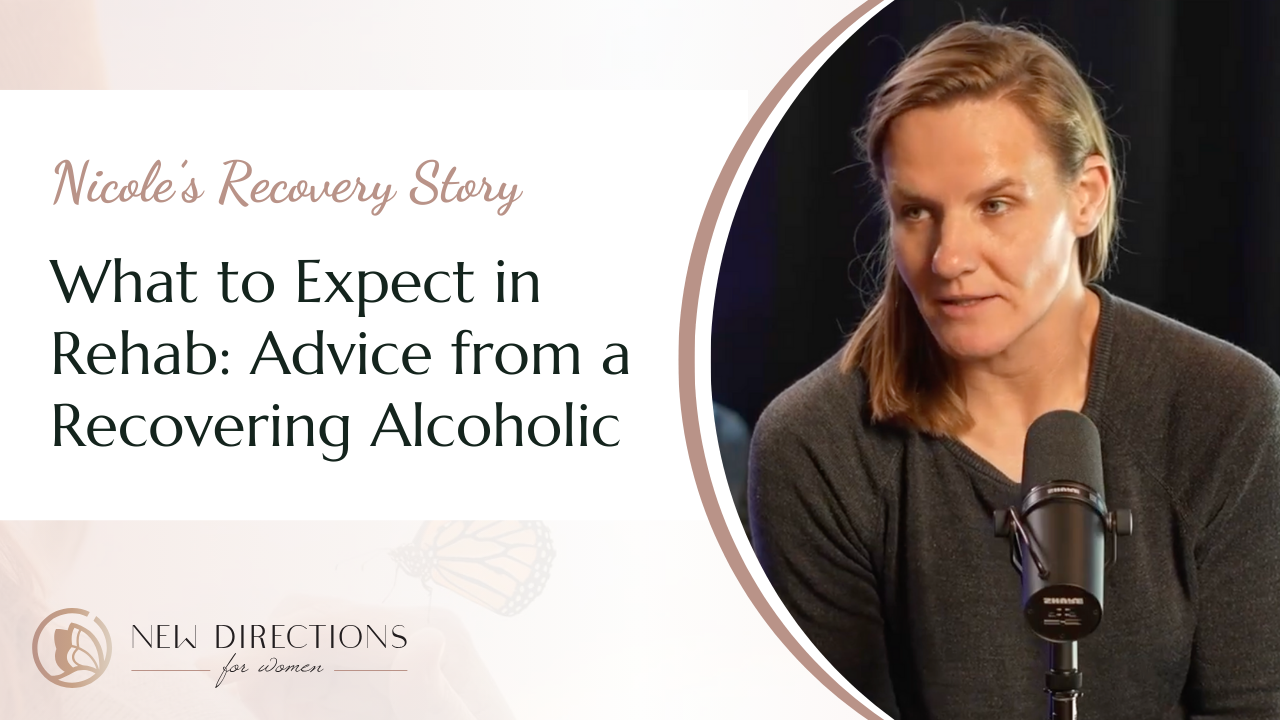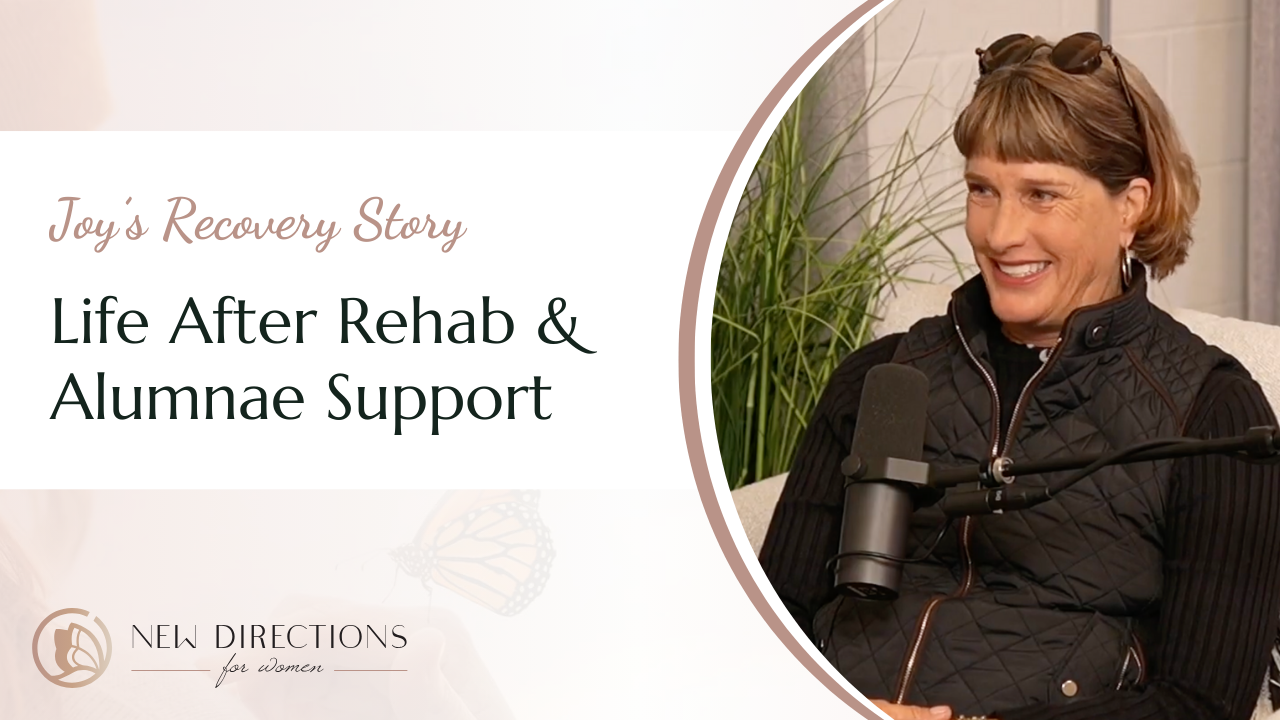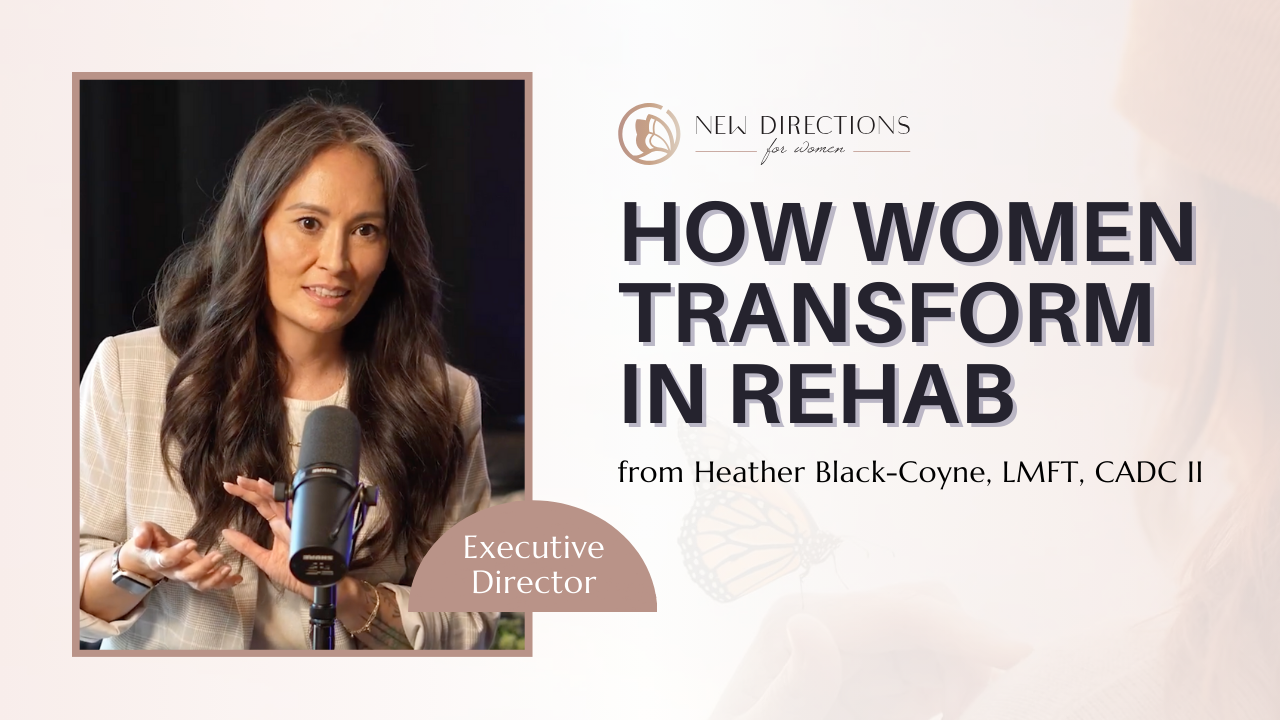 One of the stories we hear over and over again is the brutality of student loan and credit card debt. These terrible forces are amplified tenfold in those who are recovering from addiction. Sometimes it’s difficult enough trying to establish a budget, let alone paying off ancient loans and debts from less responsible times. In the horrendous daze of addiction, sometimes it’s hard to think long term when you’re itching for a substance day-to-day. So of course, the most important element of stabilizing your finances is simply coming sober. Seek a treatment center, such as New Directions for Women, as soon as you can.
One of the stories we hear over and over again is the brutality of student loan and credit card debt. These terrible forces are amplified tenfold in those who are recovering from addiction. Sometimes it’s difficult enough trying to establish a budget, let alone paying off ancient loans and debts from less responsible times. In the horrendous daze of addiction, sometimes it’s hard to think long term when you’re itching for a substance day-to-day. So of course, the most important element of stabilizing your finances is simply coming sober. Seek a treatment center, such as New Directions for Women, as soon as you can.
Poor money management can lead to debt, and stress, which can turn into using substances to deal with that stress. Thus, money problems can become a relapse trigger. There’s ways to be a savvy saver and get yourself out of debt. So let’s find a way to help. Sometimes, those big purchases are unavoidable. You need a car to get to work or school, or wherever you’re going. That’s fine, but you have to understand how debt actually works. The real scary part is that you might end up paying $32,500 for a car that had a sticker price of $10,000. That means you’re essentially paying the price of a new car for a worn-out workhorse.
Unless you have $30,000 on hand to pay it off immediately, that might just be unavoidable. Nonetheless, there’s ways you can reduce long-term debts like these. First let’s understand the terms:
Principal: This is the base amount of the loan. If your loan is for $10,000, then your principal is $10,000.
Interest: Interest is usually the money the bank or loan provider actually earns from selling you a loan. The interest is a percentage, every year, of your principal. For example, if you have a 15% interest and a $10,000 principal, you’ll be paying $1,500 (15% x $10,000) every year. Usually, lenders will break this down into 12 monthly payments ($1,500/12) so you’ll be paying $125 every month instead of $1,500 at once.
Term: This is how long you have to pay off your loan. If your term is 15 years, then your monthly payments are set up to pay off your debt in 15 years.
So for a car that costs $10,000, if you have 15 years to pay it off at 15% interest, then your total interest would be 15 years x 15% interest x $10,000…. (15*.15*$10,000). In other words, that interest would come out to be $22,500. In other words, you’d be paying $22,500 on top of the sticker price of $10,000, meaning the total cost would be $32,500.
So what can you do?!
Pay above the monthly minimum. On many loans, the monthly minimum just barely covers the interest rates, meaning you’re not lowering your principal balance much. Try to pay as much of your loan off as you can in every payment. Lenders break down your payments based on their long-term calculated interest. So if you have a 15-year loan on your car, they are charging you initially for that full interest. By paying above their expectations, you reduce the amount of interest they can charge you drastically!
If this is a serious, long-term loan that you’ve already signed up to but can’t afford… then try to get a loan modification. For mortgages, for example, a bank or other lender might be willing to reduce interest rates in case of hardship. After all, they still make money as long as you keep paying, so it’s not in their interest for you to not be able to pay. Realtytrac.com, a site that tracts real estate properties, has found that foreclosure have been rising recently in certain areas, so it’s important to make sure you do everything you can to avoid a housing crisis.
If it’s a short-term loan, such as credit card debt or a payday loan, try to pay it off as soon as possible. Often times, the shorter the loan, the higher the interest, with paydayloaninfo.com that some interest rates are as high as 400%. Try to get rid of this debt immediately! If your loan is as high as 400% then waiting 3 months could double your debt.
So remember, part of overcoming addiction is also cleaning up the financial ruins it often leaves behind. Make sure to take steps to care of your financial situation so you can remain sober and debt-free, and live your life in a meaningful and rewarding way.



